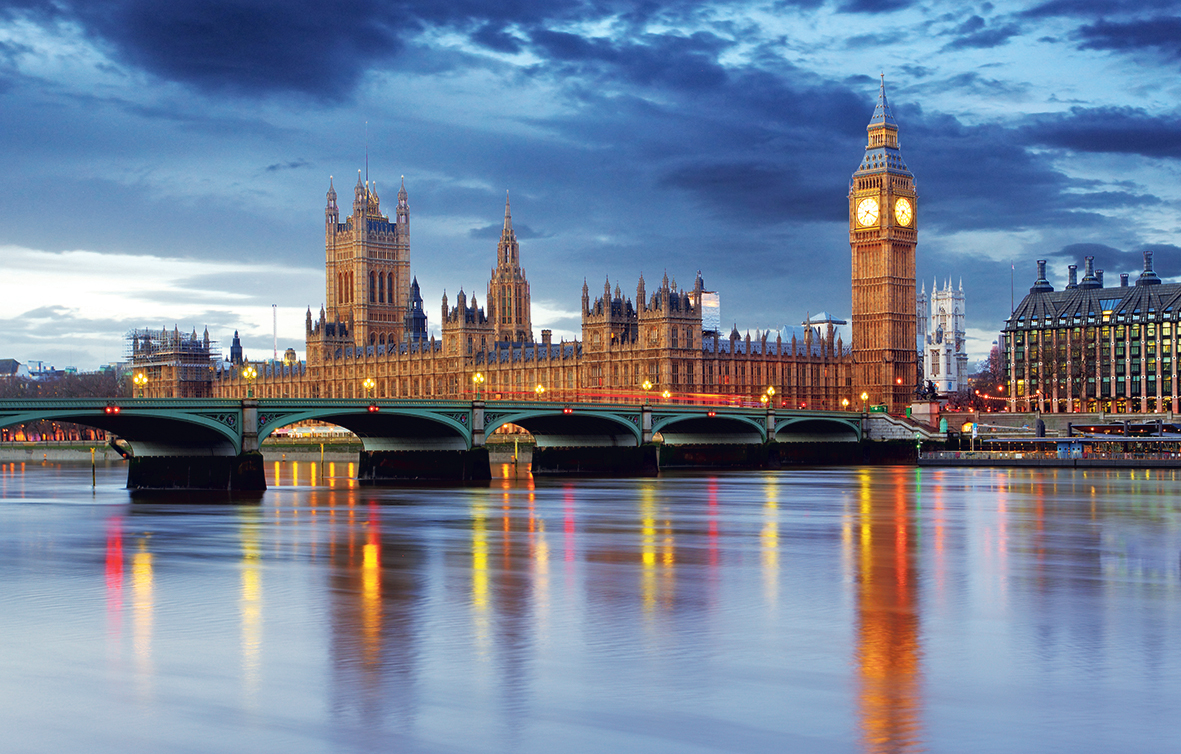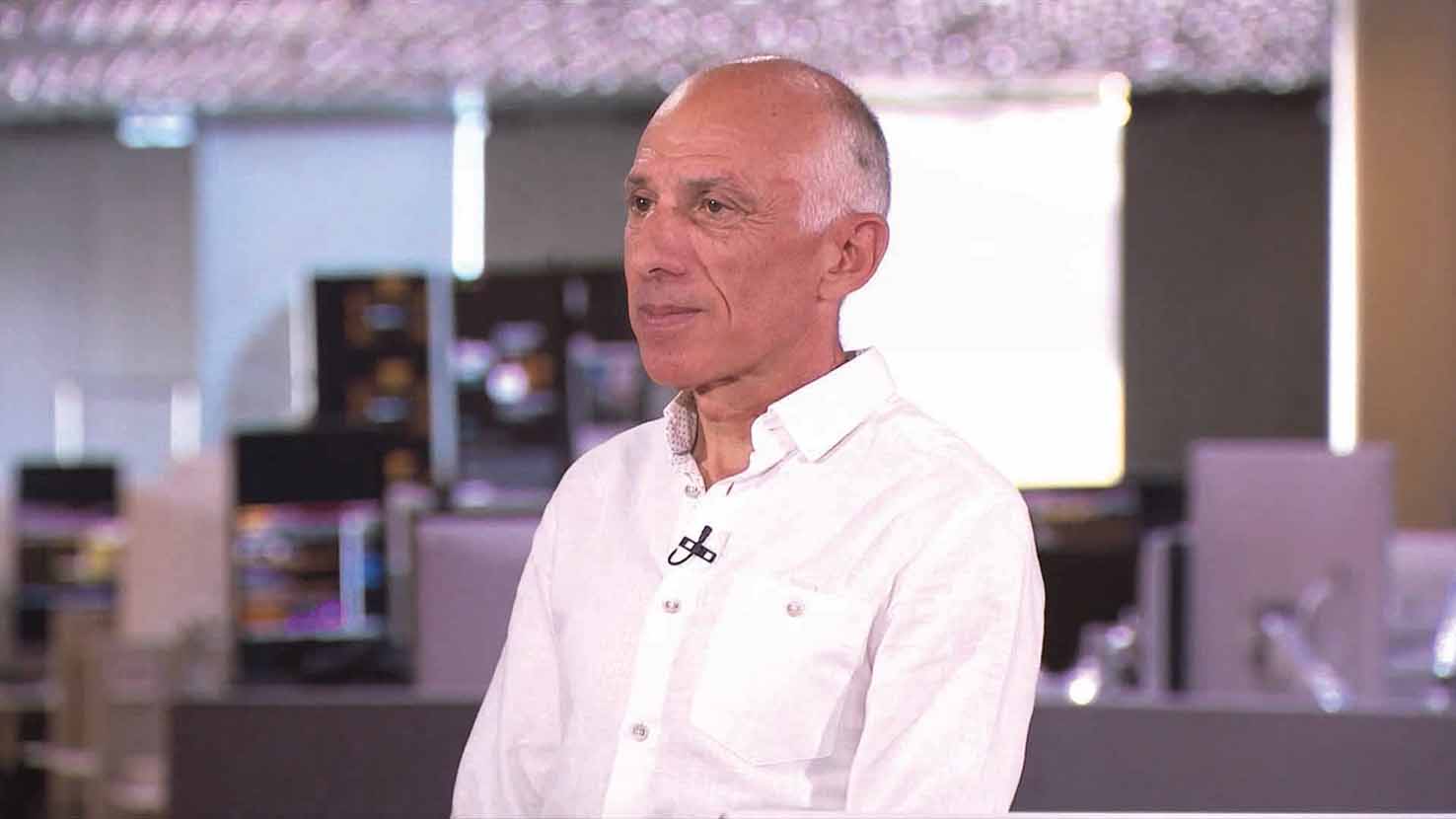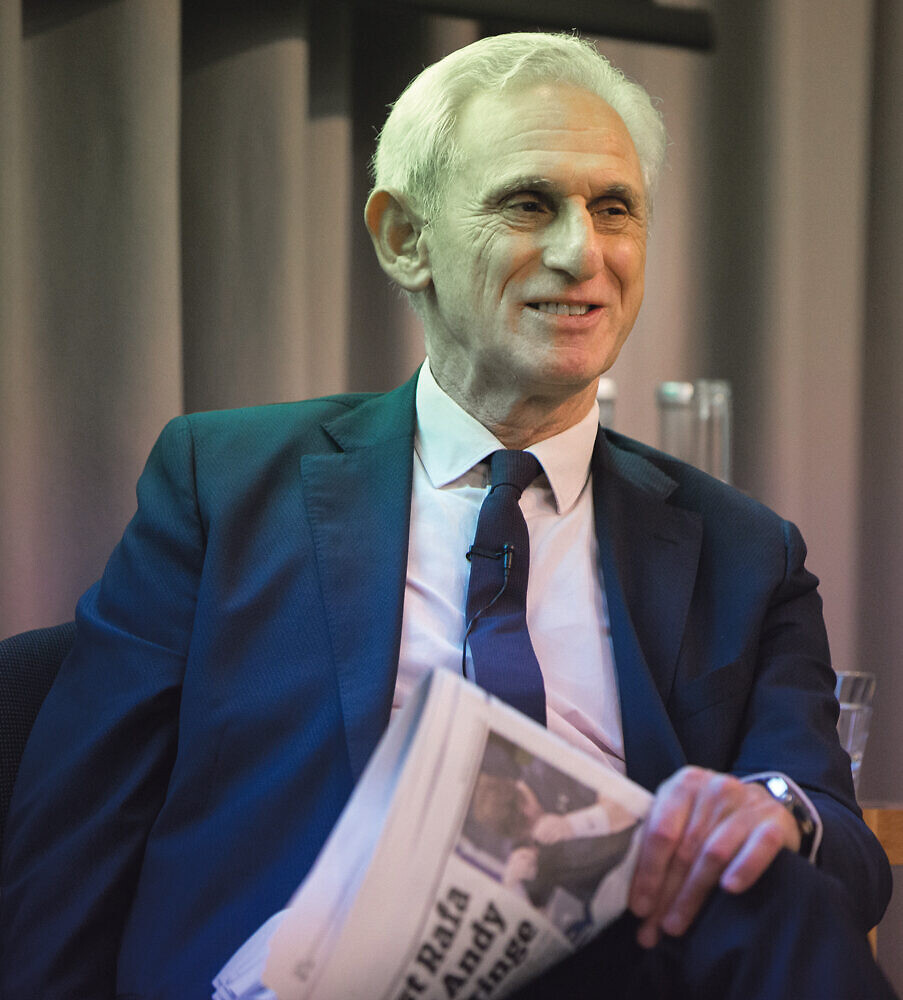Bussiness
Top business leaders set out their hopes for new government – Jewish News

Sir Martin Sorrell, founder and executive chairman, S4 Capital
Sir Martin Sorrell
“When Labour look at the books, they are going to have to face the realities; that tax burdens are already at historic highs, the budget deficit so high, and private and public investment so low, it’s a very sticky problem for them.
“To deal with that, they will have to do one of two things, or both; raise taxes and/or redefine the way they look at government finances and what public debt is, but they will have very little wiggle room. It’s going to be very tough.
“I think we will see an increase in taxes, and not just the windfall taxes on oil and gas and VAT on private schools that they have talked about. They have said they won’t increase corporation tax, income tax or national insurance, but they are probably going to have to reverse themselves on that so we have a big problem. I think we will see a wealth tax and inheritance tax, and this will lead to an exodus of wealthier people from the country. The realities of the power are going to make it quite difficult for them.
“I think Labour will be in for ten years (two terms) but after two terms governments usually have problems, and I think the same thing will happen.”
Libby Dangoor, Chief of Staff at Multiverse

Libby Dangoor, Chief of Staff at Multiverse
“The next government must work to capture the economic gains that AI and emerging technologies can offer to the country. AI is front and centre in every boardroom discussion right now, but so far (at time of writing) it’s been largely absent from the election campaign. There needs to be a deliberate effort to unlock the potential that AI and new technologies can offer. Part of that means having the people who can create, build on and use these new technologies.
The incoming government must look seriously at structured, ongoing and widespread reskilling to enable people to keep up.
Linda Plant, BBC The Apprentice interviewer, founder Linda Plant Business Academy and founder of knitwear brand Honeysuckle

Linda Plant
“From the next government, I would look for more money being spent on the NHS and education and also more money being invested into renewable energies.
“Also importantly, we need tax-free shopping to encourage people to come and shop here. Tourists used to get tax free shopping in the UK and then it was stopped, so people will go to other European countries and elsewhere to do their shopping.
“I would like to see visa’s based on people’s academic and professional abilities – if someone is really talented at something, they should be given an academic or ‘job-worthy’ visa so that we are attracting the best brains to come to the UK.
“Finally, we need to do more to attract investment. As a sovereign country we should be doing all we can to attract wealthy investment and make this nation rich.”

Simon Rubinsohn, chief economist at the Royal Institute of Chartered Surveyors

Simon Rubinsohn, chief economist at RICS
“Interestingly, the general election doesn’t appear to have had a major influence on sentiment in the housing market. Labour’s focus on making the Mortgage Guarantee Scheme permanent and the Conservative proposal to do the same for the (current temporary) stamp duty break will simply enshrine what is already in place.
“In terms of new supply, Labour is putting a lot of its emphasis on planning reform but this could prove challenging to put into practice given the difficulties Boris Johnson encountered when he tried a broadly similar approach.
As far as the rental market is concerned, I don’t sense very much relief is in store for landlords from the next government.
Alex Brummer, City Editor of Daily Mail and author of the ‘Great British Reboot’ (published by Yale)

Alex Brummer, City Editor Daily Mail
“In spite of frantic Labour claims of business support, Britain’s top FTSE100 companies remain wary of Keir Starmer and Rachel Reeves.
“Keir Starmer is seen as having scanty knowledge of entrepreneurship and enterprise. Reeves, a former Bank of England official, is viewed as competent. But most of Labour’s tax policies, unveiled so far, such as closing loopholes for overseas investors, ending tax reliefs in the North Sea and toughening the tax rules for private equity, could drive investment overseas.
“There is also widespread concern about Angela Rayner’s new deal for workers which seeks to sweep into the sea ocean Thatcher era labour market reforms. Nevertheless, there is broad acceptance that the Tories lost they reputation for economic competence with frequent changes of Prime Minister and wild swings in policy from Liz Truss’ tax cutting to Chancellor Jeremy Hunt’s Treasury orthodoxy.
“The larger British corporations want to see a period of stability which allows them to focus on IT investment, AI and the other innovative technologies in which the UK excels. Investment in new infrastructure from world class phone masts to better transport connections and grid coverage are seen as essential for boosting productivity, output and prosperity. So far, as the June 2024 campaigns have unfolded, there has been a remarkable lack of what the Americans call ‘the vision thing’.”
Leah Stern, Global Communications Partner at OurCrowd, Israel’s most active venture investor

Leah Stern, OurCrowd
“The UK’s business ties with Israel are based on many decades of friendship and close cooperation. Annual trade reached £6.1bn at the end of 2023.
“In recent years, the UK has used Israel’s high-tech ‘Startup Nation’ model as an inspiration to develop its own flourishing high-tech sector, establishing London as one of the tech capitals of the world. Israeli and UK tech firms have established close cooperation in multiple areas including digital health, renewable energy and cybersecurity. An upgraded free trade agreement between Britain and Israel, which is currently being negotiated, will create even more growth and help unlock British and Israel trade for services and digital technology.
“The removal of red tape will enable Israeli businesses to reach a wider market in Europe, while Israel can act as a gateway for UK firms to reach the Middle East and Asia. We hope that a stable, business-friendly government with a healthy working majority will be able to conclude the new free trade agreement, while continuing to provide incentives that foster investment and entrepreneurship.”
Gabriel Nussbaum, personal finance educator with over 1.5m followers across social media

Gabriel Nussbaum, online financial educator
“It’s time to formally introduce financial education into the curriculum, and by finally, I mean long overdue. The current state of personal finances in the UK is shocking. One third of people have less than £1000 saved and 40 percent of adults don’t feel confident managing their money. Whether it’s primary, secondary or even higher education, teaching basic principles such as saving, budgeting, mortgages and tax is the least the next government could introduce. The education system helps people to make money, so let’s teach them how to look after it as well.”
Baroness Ros Altmann CBE, former Government pensions advisor

Ros Altmann, former Government pensions advisor
“The new government will have to focus on improving long-term growth and the environment for business success.
“An important challenge will be boosting sustainable investment, especially in infrastructure, small promising businesses and housing. Measures to attract more investors into UK companies and markets, such as cutting stamp duty on share trading.
“I hope and expect more emphasis on using pension assets to invest in Britain, rather than overseas and to revive our domestic institutional asset base. UK stock market weakness has hit our entrepreneurs, especially following the dislocations of Brexit, Covid and the energy crisis.
“Restoring confidence in our country will help make the most of our strengths.










